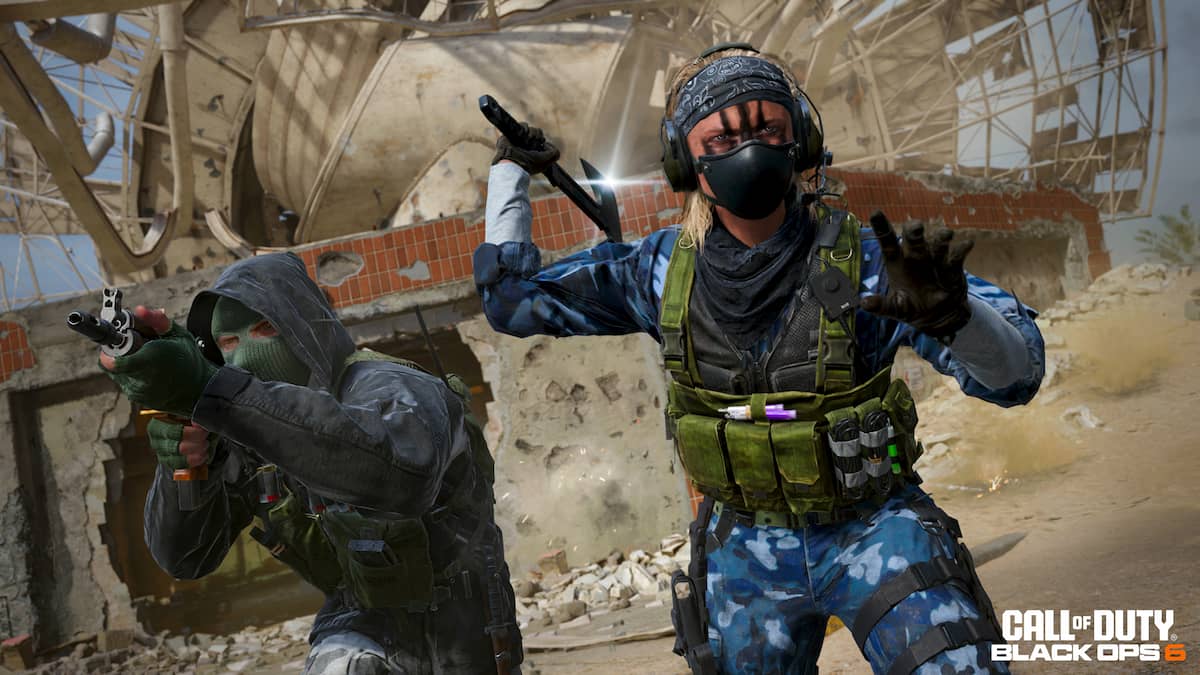This week, the United States Federal Trade Commission agreed to open an investigation into video game loot boxes and gambling. The FTC intends to seek out how loot boxes impact children, specifically as devices of illegal gambling. It follows—and cites—legislation from Belgium that prohibits the sale of loot boxes in video games.
International Game Developers Association executive director Jen MacLean said it’s a “clear wakeup call” to the video game industry. MacLean is urging developers to address video game loot boxes by “affirm[ing] an industry commitment to not market loot boxes to children,” disclosing odds (as is law in China), and engaging in a “coordinated education campaign” that explains parental controls on how to limit player experience for different age groups.
Related: The US Federal Trade Commission will investigate loot boxes
“By not taking significant action as an industry and global game developer community to self-regulate how loot boxes are used, we run the very real risk that governments around the world will take that action for us, and perhaps create significantly restrictive laws that could impact any random reward elements in games,” MacLean wrote. “I offer my strongest advice to game developers and interactive entertainment businesses on this matter: addressing how loot boxes are used is both the right thing, and the smart thing, for the global game development industry to do.”
MacLean noted that a “random loot drop” is a standard video game mechanic, but that real-money purchases for unknown items in loot boxes risk “triggering gambling laws.” The industry can no longer ignore the increased “scrutiny, concern, and regulation,” she said.
The video game loot box industry could be a $50 billion sector by 2020, according to a 2018 study from U.K.-based research agency Juniper Report. The practice has been an industry hot topic over the past couple years, after major controversy regarding Star Wars Battlefront 2’s loot crate system, which was seen as essential to the core gameplay rather than a bonus add-on. The loot box controversy gained mainstream attention from there, leading many countries to issue legislation against similar practices.












Published: Nov 29, 2018 02:03 pm